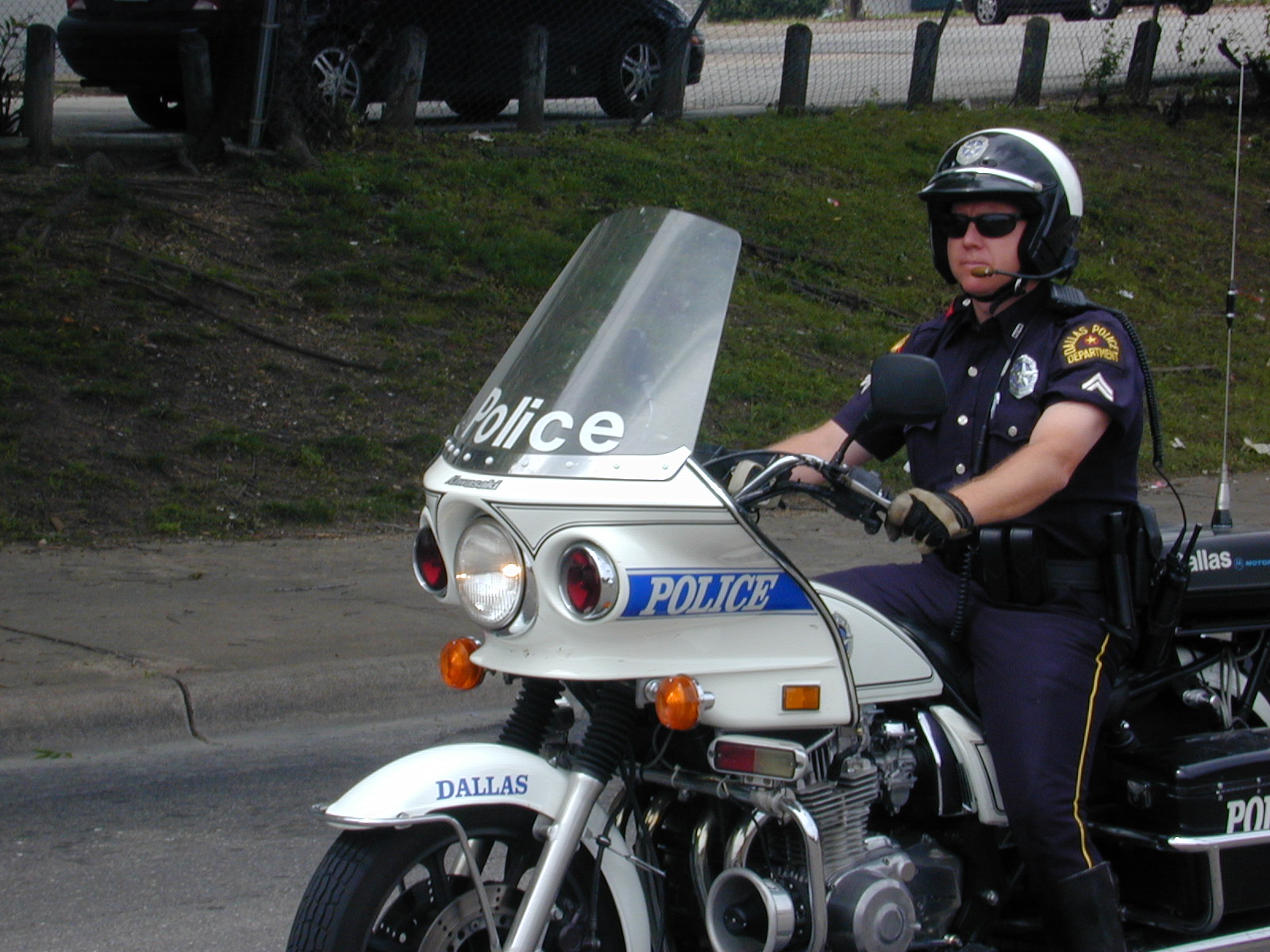 Do I Have to Identify Myself to the Police?
Do I Have to Identify Myself to the Police?
Many people watch police reality shows on television and notice that the police always ask for identification. In fact, it is usually the first thing they do when they approach someone. If you have been stopped by the police while driving, you know that the officer likely immediately asked for your name. Some people wonder whether they are required to identify themselves to the police. If you were charged with a crime, it is helpful to seek legal guidance from an experienced criminal defense attorney in North Carolina.
Must I Identify Myself to the Police?
Many states have laws called “stop and identify,” but North Carolina is not one of them. Therefore, if someone is stopped by the police, they are not required to provide their name. However, North Carolina General Statutes (NCGS 20-29) state that the driver of a motor vehicle must provide a license to a police officer upon request. This means that unless you are operating a motor vehicle, you do not necessarily have to give the police your name. Typically, the police will ask for your driver’s license immediately upon making contact with the driver at a traffic stop.
Charlotte Criminal Lawyer Brad Smith answers the question: “Should I talk to the police?”
Can I Refuse to Give My Name?
According to the law, you do not have to give your name or identification to the police unless you are in a motor vehicle. However, the police stop and request IDs from many people who are walking or riding their bicycles. The police may stop you if they believe that a crime was committed or is in the middle of being committed. The police may consider the refusal to give your name as an act of resistance or obstruction of justice. Even if you are right in refusing to provide identification, the police may charge you with resisting, delaying, or obstructing. This is also known as RDO.

What Happens if I am Charged With Obstruction?
RDO (resist, delay, obstruct) is a real charge that you could face if you fail to provide your name to the police. This charge is a Class 2 misdemeanor. Often, the charge of RDO is made in conjunction with other charges, such as traffic charges or other criminal charges. If you are wrongly charged with failure to provide identification, you can fight the charges in court. An experienced criminal defense attorney will request the dismissal of the charges. If the charges are not dropped, your lawyer will vigorously defend the charges in court.
The bottom line is that the police generally want to know the name of the person with whom they are dealing. There are many reasons why you may not want to provide your name, including that you could have an outstanding warrant. If you are facing any type of criminal charges, we can help. We are here to help you through the legal process. We will help defend the charges and seek the lowest possible penalty if you are found guilty.
Contact Arnold & Smith, PLLC, today at (704) 370-2828 to schedule a consultation to discuss your case or find additional resources here.
The criminal defense attorneys at Arnold & Smith, PLLC make it their mission to zealously defend their clients on a wide range of criminal matters at both the state and federal levels. These matters may include any charge from traffic offenses; DWI/DUI; drug charges (from simple possession to possession with intent to distribute and trafficking); gun permit denials; weapons offenses; and property crimes (larceny, breaking and entering, robbery, fraud, embezzlement, white collar offenses); to sexually related offenses (indecent exposure; sexual assault, crimes against nature, removal from sex offender registry); and violent crimes (domestic violence; assault; manslaughter; homicide, murder). Other legal issues that Arnold & Smith, PLLC criminal clients may be facing include restraining orders, restraining order and probation violations, expungements; appeals; and immigration issues related to criminal charges. Our criminal defense attorneys are passionate about ensuring that individuals empower themselves by being informed about their constitutional rights and stand at the ready to fight in the defense of those facing criminal charges.
Source:
https://www.ncleg.gov/enactedlegislation/statutes/html/bysection/chapter_14/gs_14-223.html
General Statute Sections – North Carolina General Assembly (ncleg.gov)
Image Credit:
https://www.freeimages.com/photo/dpd-1497175
See Our Related Video from our YouTube channel:
https://www.youtube.com/user/ArnoldSmithPLLC/videos
See Our Related Blog Posts:
What are Your Rights After Getting Stopped by the Police?
 Charlotte Criminal Lawyer Blog
Charlotte Criminal Lawyer Blog


